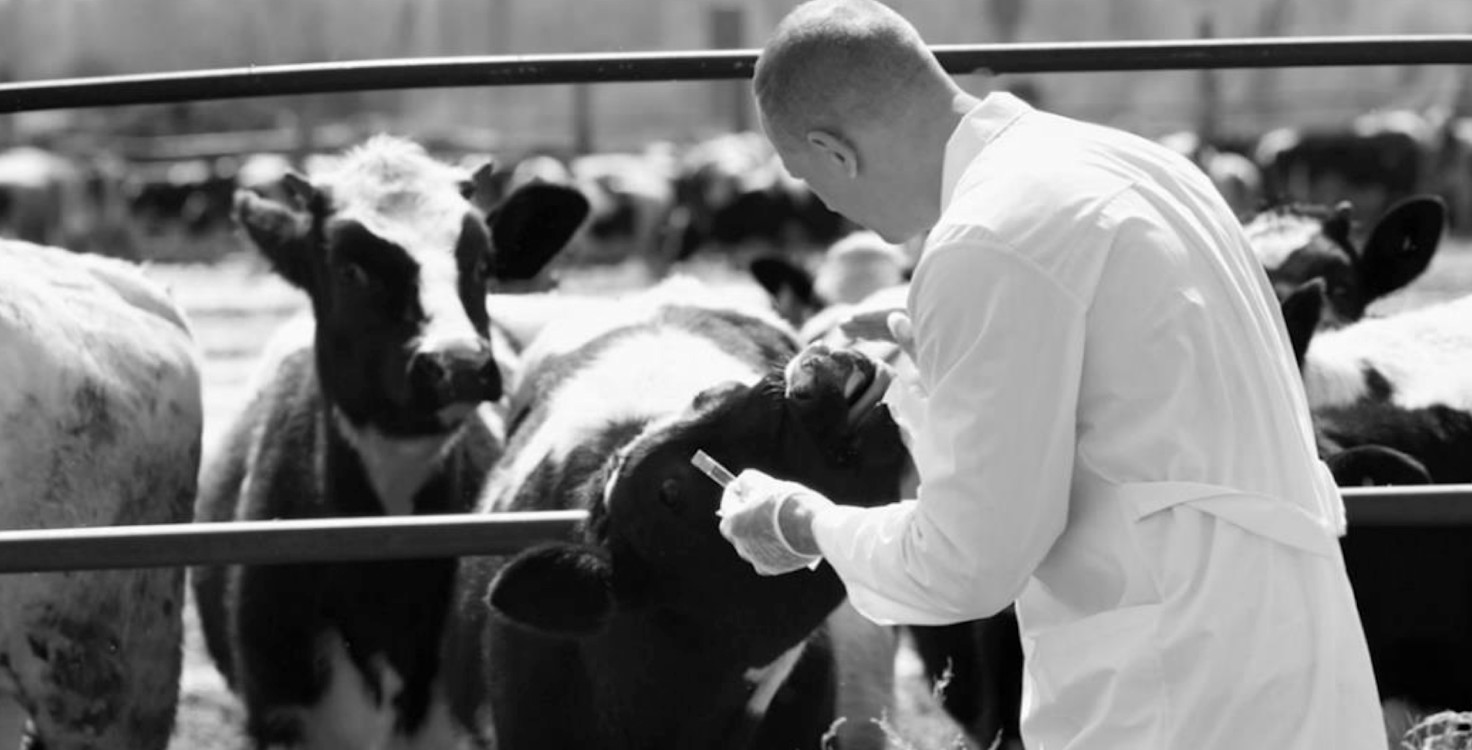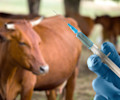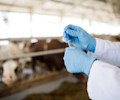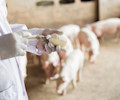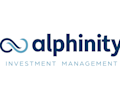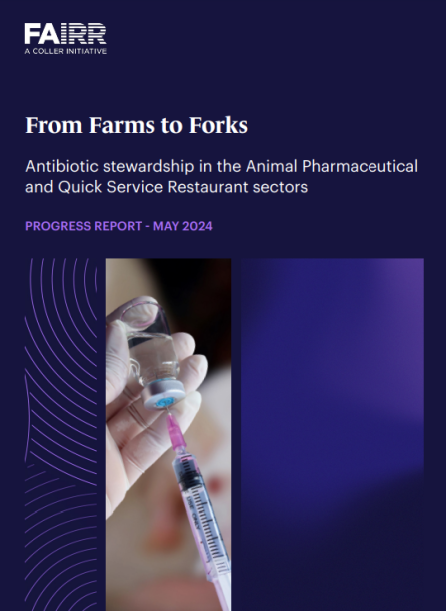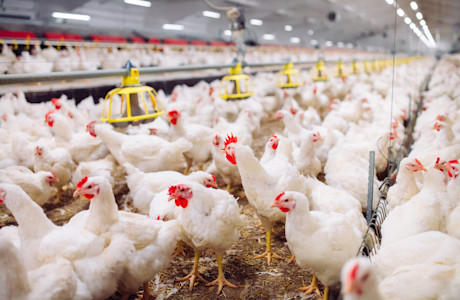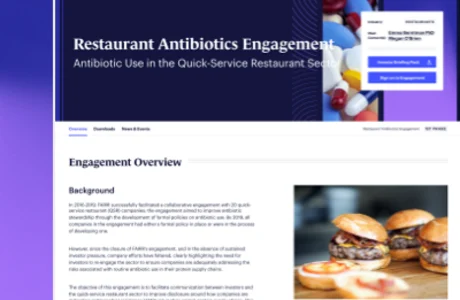Ahead of the UN General Assembly’s second-ever High-Level Meeting on antimicrobial resistance (AMR) in September, The Investor Action on AMR (IAAMR) initiative sets out seven key asks for policy leaders to address global systemic risk.
Investor statement calling on global leaders to tackle AMR crisis opens for investor signatories.
Impacting human health, economic stability and investment portfolios, AMR poses systemic risk akin to climate change and biodiversity loss.
“We have long recognised the profound implications of AMR on financial markets and global public health. The continued need to set out our support and clear call to action through this IAAMR initiative underscores an urgency for coordinated efforts to address this systemic risk.” Maria Larsson Ortino, Senior Global ESG Manager, Health Lead, Legal & General Investment Management (LGIM).
The Investor Action on AMR (IAAMR) initiative, which seeks to galvanise investor efforts to address global antimicrobial resistance, is calling on investors to support a new statement urging global leaders and policy makers to combat AMR.
The IAAMR founders include the Access to Medicine Foundation, the $70 trillion backed FAIRR investor network and the UK Department of Health and Social Care. Its new statement seeks to rally investor support for the tackling of AMR, which poses a grave systemic risk to public health, economic stability, and investment portfolios.
Recognised as a leading threat to global human health, AMR claimed 1.27 million lives in 2019, a number projected to rise to ten million annually by 2050. Driven by the widespread misuse and overuse of antimicrobial drugs in humans and animals, leading to the emergence of new drug-resistant bacteria, viruses, fungi and parasites, AMR is a systemic risk akin to COVID-19 and the 2008 financial crisis.
Despite progress made during the UN General Assembly's (UNGA) first High-Level Meeting on AMR in 2016, momentum has stalled. With global economic costs associated with AMR likely to reach $100 trillion and lead to a 3.8% decrease in global GDP by 2050, the investor community is increasingly concerned about the negative impact AMR will have on global financial markets, economic stability and long-term value generation.
Awareness among policymakers regarding the threat posed by AMR is growing, evidenced by the UK governments announcement of its new national action plan to protect people and animals from drug-resistant infections, including ambitious targets to reduce antibiotic usage and drive further advancements in drug and vaccine development. Whilst this is encouraging, investors are calling for an international framework to ensure sustained and cohesive action to combat the AMR crisis.
Today’s statement includes seven critical requests for tackling AMR (see Notes to editor), encompassing science-based guidance and targets, effective stewardship and a ‘One Health’ approach, integrated surveillance of drug usage, funding for research and development projects on new antimicrobials and alternatives, and ensuring equitable global access.
The statement is open for all investors and asset owners to sign on until 22 July 2024. Membership of IAAMR or any of its partner organisations is not required.
Maria Larsson Ortino, Senior Global ESG Manager, Health Lead, Legal & General Investment Management (LGIM), said:
"We have long recognised the profound implications of AMR on financial markets and global public health. The continued need to set out our support and clear call to action through this IAAMR initiative underscores an urgency for coordinated efforts to address this systemic risk.
“AMR jeopardises investment portfolios, economic stability, and the well-being of communities worldwide. It is not a diminishing issue, and with that in mind we urge fellow investors to join us as LGIM endorses this statement in committing to the collective pursuit of solutions to combat AMR, safeguarding financial returns and public health outcomes."
Suzi van Es, Investor Engagement Manager, Access to Medicine Foundation, said:
"AMR is one of the top risks faced by the financial sector currently. Investors are well positioned to steward companies across healthcare, utilities, and agricultural sectors, where the drivers of AMR are greatest. Beyond the individual company level, investors are perfectly positioned to engage with policy makers evidencing a desire to drive coordinated and increased urgency on AMR issues while adopting a systemic lens.
“As part of their commitment to engaging on the issue, the Investor Action on AMR is excited to launch its Investor Statement in the run up to the second high level meeting on AMR at UNGA detailing its expectations and where opportunities exist to work collectively on this issue, ensuring no one, and no country, is left behind.”
Dr Emma Berntman, Senior Engagement Specialist at the FAIRR Initiative, said:
“With the second-ever High-Level Meeting on AMR taking place at the UN General Assembly later this year, IAAMR has outlined seven critical requests for global policymakers, firmly placing the spotlight on solutions to the AMR crisis.
“We urgently need a coordinated effort from investors, corporates, and policy makers to tackle the underlying drivers of AMR using a ‘One Health’ approach. Drawing on a deep understanding of the interconnections between food systems, health, and the environment, investors recognise that AMR is an unmanaged global systemic risk. Now, they are calling for change to safeguard the efficacy of antibiotics for future generations, as well as ensure the resilience of investment portfolios.”
Notes to editor
The academics requesting retraction of FAO report that misrepresents their research are Paul Behrens (Leiden University) and Matthew Hayek (New York University).
For more information, please contact:
Geogia Dalton, ESG Communications
t: +44 (0)7798 751 529 | e: georgia@esgcomms.com
IAAMR considers the following seven asks to be essential in tackling the AMR crisis:
Science-based Guidance and Targets
1. We encourage global policymakers to support the establishment of an independent panel, modelled on the International Panel on Climate Change (IPCC), to provide policymakers with regular scientific assessments on AMR.
2. We encourage global policymakers to support the development of an international framework, such as the Montreal Protocol or the Paris Agreement, for AMR with a science-based target to guide sustained and cohesive action on AMR.
Stewardship and One Health
3. We encourage global policymakers to commit to reductions in the use of antibiotics in agriculture and end the routine use of antibiotics for growth promotion and group prophylaxis in animal farming.
4. We encourage global policymakers to adopt legislative initiatives to set maximum residue limits for antibiotics in wastewater from manufacturing facilities. We encourage global policymakers to establish appropriate mechanisms to manage antibiotic residues entering the environment from additional sources such as livestock manure and wastewater treatment systems.
Integrated Surveillance
5. We encourage global policymakers to continue to support the establishment of a globally integrated surveillance system for AMR and antibiotic use, building on existing quadripartite surveillance systems, to identify patterns and react accordingly. This should integrate data across humans, animals, and the environment. In particular, global policymakers should align on legislative requirements, similar to those of EU member states, requiring the volume and use of antibiotics in animal agriculture to be accurately collected and reported.
Funding the Development of New Antimicrobials
6. We encourage global policymakers to continue to promote research and development (R&D) of new antimicrobials and alternatives to antimicrobials, especially those that target priority pathogens as defined by the World Health Organisation ensuring the needs of low-and middle-income countries (LMIC) are taken into account. We note that several G7 countries have introduced push and pull incentives and encourage other nations to put similar mechanisms in place to ensure the future development and availability of critical antimicrobials and alternatives to antimicrobials.
Global Equitable Access
7. We encourage global policymakers to address the lack of equitable global access to novel and existing antimicrobials and alternatives to antimicrobials. This could be supported by establishing a multilateral fund to provide financing to LMICs to drive equitable access to antimicrobials; engaging with the generics and biosimilars market to incentivise that they work to meet supply and demand with quality assured products; supporting the implementation of national action plans; improving surveillance systems; and mandating early access planning in all R&D collaborations.
About FAIRR
The FAIRR Initiative is a collaborative investor network, founded by Jeremy Coller, with a membership of $75 trillion in collective assets of support. FAIRR works with institutional investors to define the material ESG issues linked to intensive livestock and fish farming systems and provide them with the tools necessary to integrate this information into their asset stewardship and investment decisions. This includes the Coller FAIRR Index, the world’s first comprehensive assessment of the largest global animal protein companies on environmental, social and governance issues. Visit www.fairr.org and follow @FAIRRInitiative.
About Access to Medicine Foundation
The Access to Medicine Foundation is an independent non-profit organisation that seeks to transform the healthcare ecosystem by motivating and mobilising companies to expand access to their essential healthcare products in low- and middle-income countries. The Foundation is funded by the Dutch and UK governments, the Bill and Melinda Foundation, the Leona M. and Harry B. Helmsley Charitable Trust, Wellcome Trust, AXA Investment Managers and Stewart Investors.
